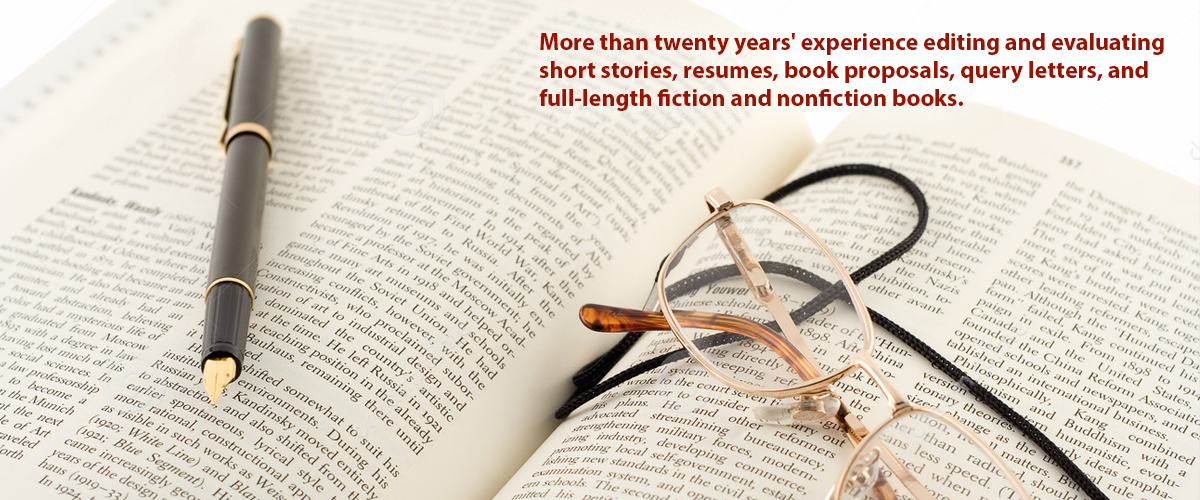Editing fiction is a challenging yet rewarding task. Fiction is my favorite genre to read and write, so I feel privileged to edit other people’s novels. We have spent decades proofreading and copy-editing fiction at Book Magic, so we know exactly what to look for.
First, we do all the basics. We look for problems with spelling, typos, grammar, and punctuation. We not only correct these, but we also stylize. Sometimes editing is a little bit like math; a word is either right or it’s wrong. Let’s take the word perpendicular. There is only one way to spell it, and if you spell it differently, it will be wrong. But there are two ways to spell the word heavenly or earthly (one is by putting the word in lowercase, as I have above, and the other is by capitalizing the term. Neither one of those is right or wrong; whichever you choose is a matter of style.
The same is true of serial commas. Let’s take this: “Steve went to the liquor store and bought wine, beer, and champagne.” That sentence has two commas separating each one of the items. It is punctuated using a serial comma, also known as the Oxford comma. But some people don’t like serial commas, so they might prefer to write, “Steve went to the liquor store and bought wine, beer and champagne.” Both sentences are right, but each one uses a different style.
At Book Magic, we confer with the client to find out which style he or she prefers, and then we make up a style sheet to ensure that this type of punctuation or spelling is consistent throughout the document.
We also look at inconsistencies or redundancies. This is easy to do in a novel. You create a character who is a fourteen-year-old nephew in chapter 2, but suddenly in chapter 17, he becomes eleven. And there were no time machines involved! We will highlight these inconsistencies and bring them to the attention of the author. Redundancy means that the author may describe a character as devious or underhanded and repeat this five or ten times throughout the book. That’s overkill. We often recommend showing the reader instead of telling the reader that your character is shady.
And, last, when we edit fiction, we look at repetitious words. I used the word “however” in my first book about twenty-five times. I was completely unaware of this until my editor pointed it out. One of my romance writers used the word “steamy” fourteen times in three pages. Our copy-editing staff will bring these issues to the writer’s attention; we will suggest synonyms for variety.
Editing fiction is a joy, and we are honored to be part of your journey in publishing your first or twenty-first novel. We also use special programs like Grammarly and PerfectIt to catch as many mistakes as possible. This allows you, the writer, to concentrate on the creative aspect of the story while we fine-tune your manuscript.
Proofreading checks for errors in spelling, grammar, and punctuation. We also point out confusing sentences and ask for clarification in the margins.
Copy editing corrects errors in spelling, grammar, punctuation, and typos as well. In addition, we stylize to ensure that everything is spelled in US English or Canadian English, and we make sure that chapter headings match. Finally, we flag inconsistencies and suggest synonyms for repetitious words.
Copy editing is 1.5 cents per word.
Please inquire about our free sample edits for 800 words of text.




